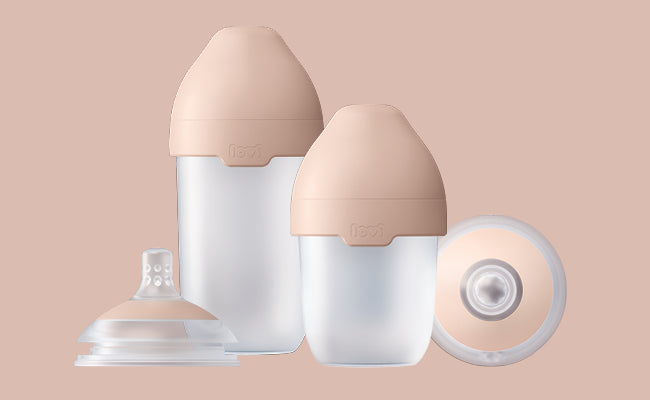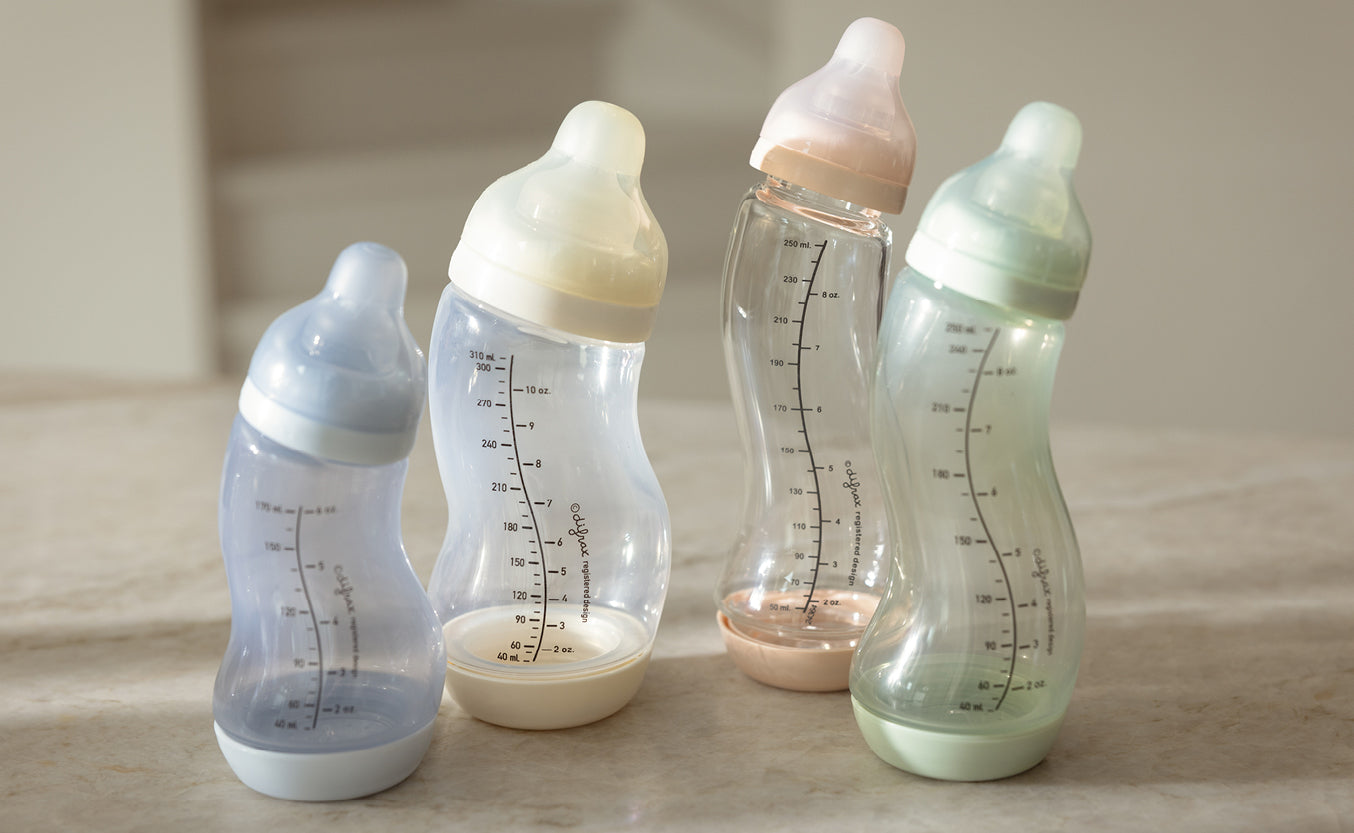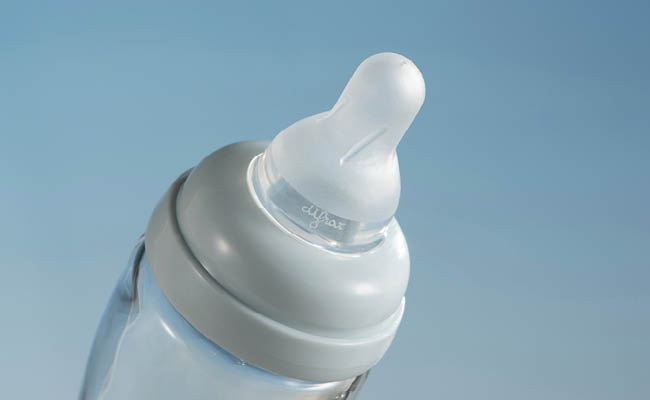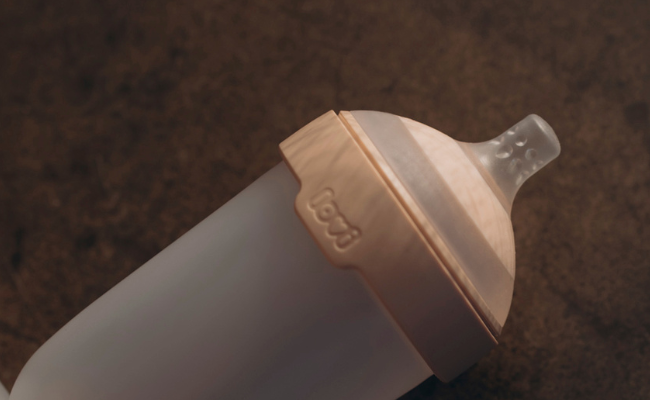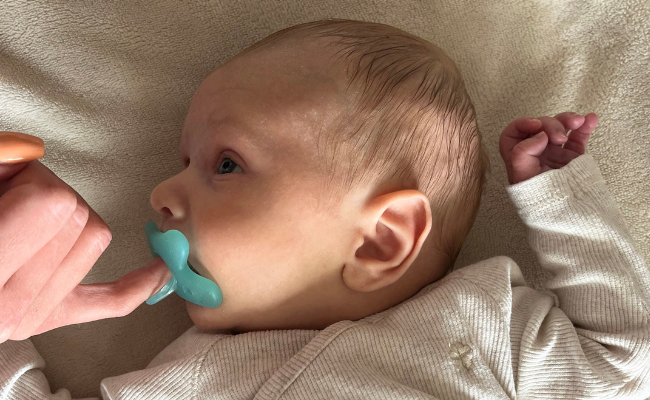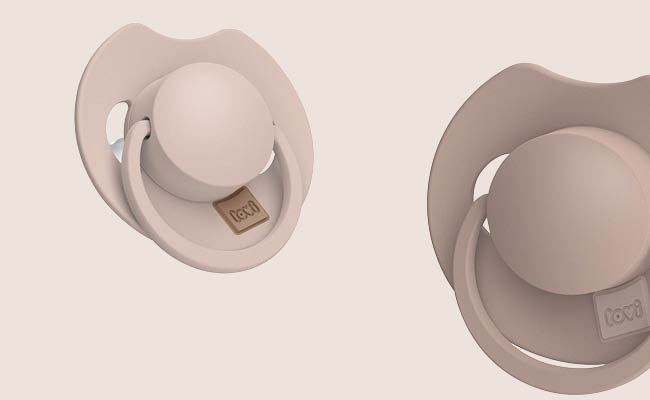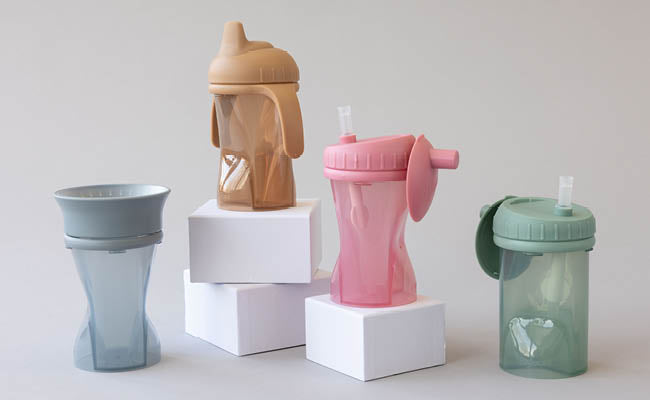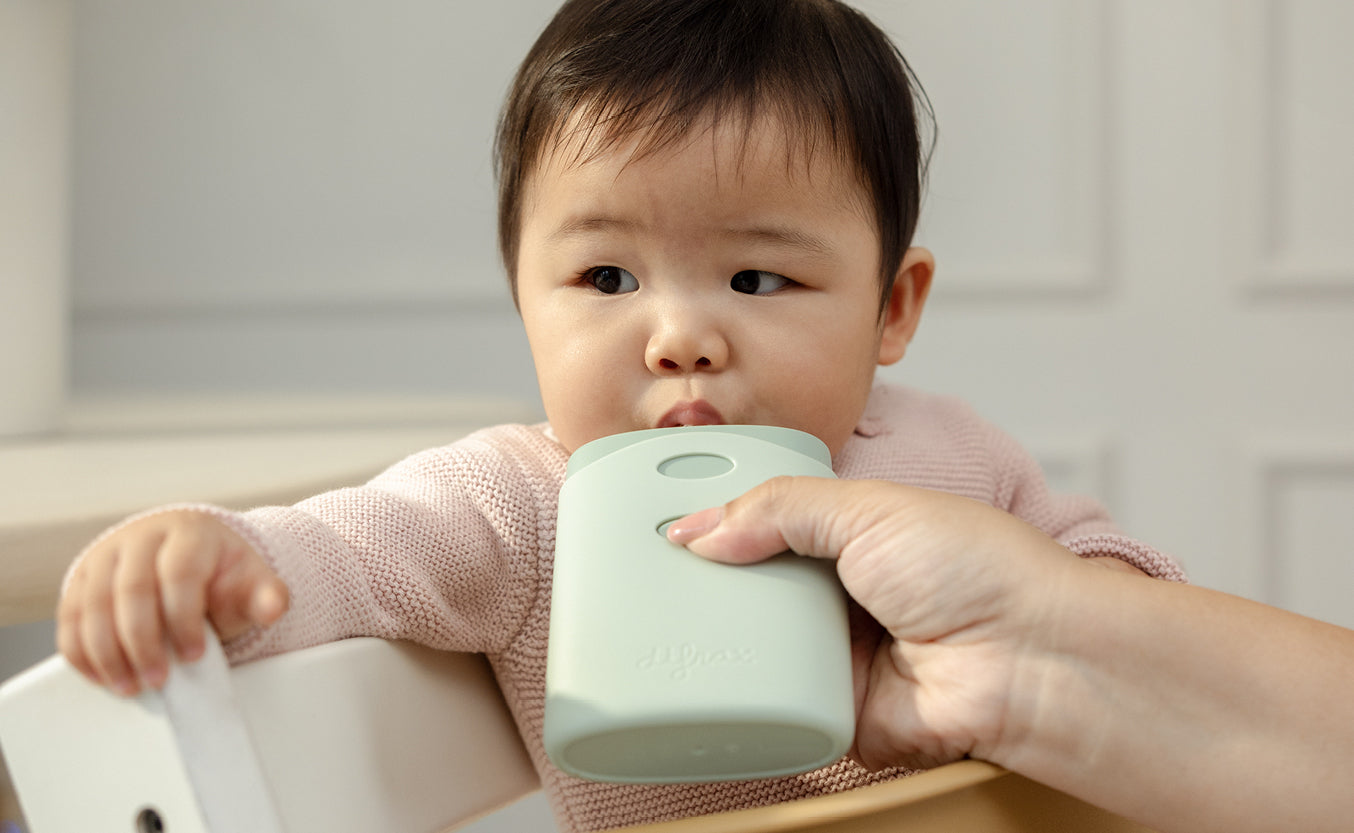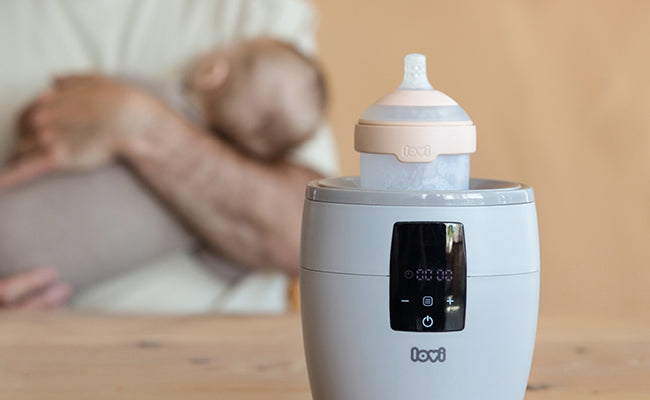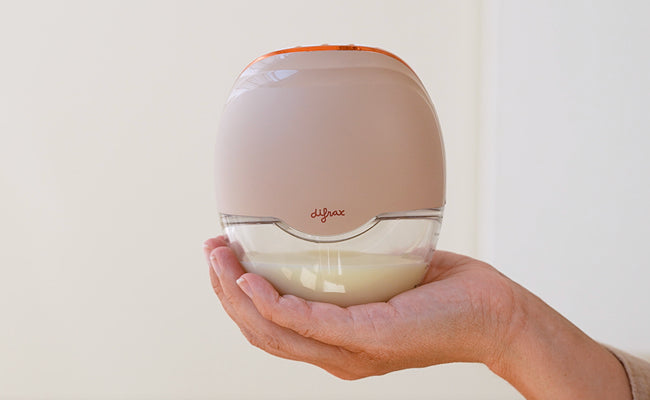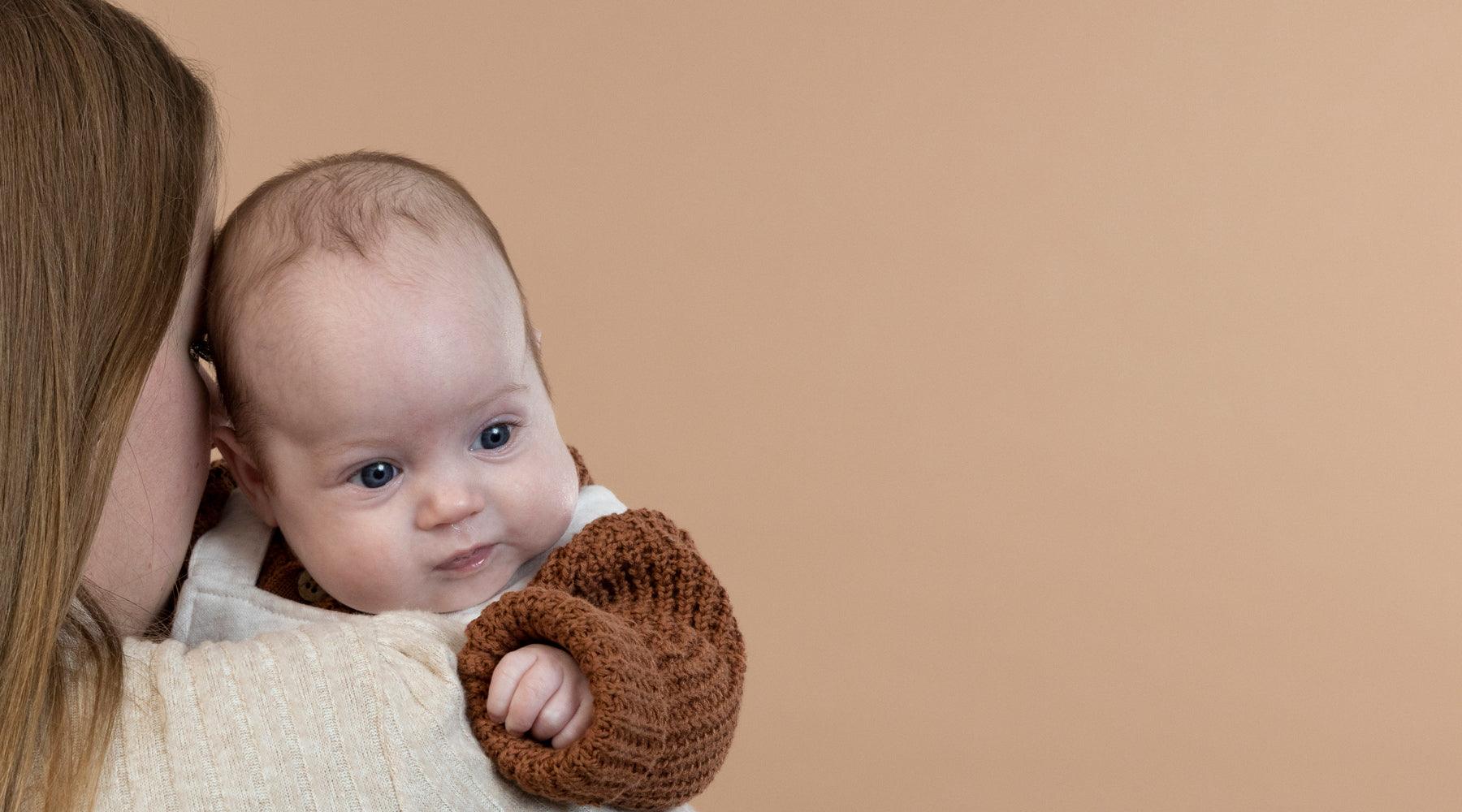
Baby cramps: causes and tips
Causes of colic cramps in a baby
Many babies suffer stomach cramps or colic in the first six months of their life. This can be very bothersome. In this blog post, we’ll explain how you can recognize if your baby has stomach cramps and provide tips on how to reduce or prevent cramps.
Recognizing baby stomach cramps
- Your baby cries loudly and for a prolonged period for no apparent reason.
- The belly feels tense and inflated
- Your baby either retracts its legs and bends its back or overstretches its legs
- Your baby is windy
Possible causes of stomach cramps
Immature gastrointestinal system
A common cause is that babies' gastrointestinal tract is not fully developed at birth. This is not noticeable before birth because the intestines of a baby are not yet active at that time. After birth, however, the intestines of a baby suddenly have to work to digest and process food. Because the intestines are not accustomed to that and not yet fully developed, a baby will soon experience cramps and gas formation.

Swallowing too much air during feeding
When breastfeeding, sometimes a mother has too much milk. When this is the case, your baby will swallow more air because it can't handle the flow of milk properly. This can cause stomach cramps.
With bottle-feeding, it is also possible for your baby to swallow too much air. In a normal baby bottle, you can often see air and bubbles forming when feeding. This air gets into your baby, which can cause stomach cramps, vomiting and burping.
Cigarette smoke
Cigarette smoke can also be the cause of a baby’s stomach cramps. Babies of mothers who smoke are twice as likely to develop stomach cramps than babies of non-smoking mothers.
Constipation or allergy
Finally, your baby could also be allergic to cow's milk protein or suffer from constipation. If a baby continues to cry inconsolably and you suspect that this is not caused by immature intestines, just to be on the safe side, pay a visit to the doctor or contact the child health care center.
Cramps usually start two to three weeks after birth and are strongest in week six. By the time the baby is three or four months old, the cramps are usually gone.
How to reduce or prevent baby cramps?
It is not always possible to remove all of your baby’s stomach cramps, but you can usually reduce them. One of the ways to prevent or reduce stomach cramps is by making sure that your baby swallows as little unnecessary air as possible when feeding. An anti-colic system helps with this. Anti-colic means anti-stomach cramps. Different types of anti-colic systems are available that help to prevent or reduce your baby’s stomach cramps. Curious about the different types? Then read this blog post about anti-colic systems in baby bottles.

Other tips to prevent stomach cramps:
- Try not to change your baby’s feeding schedule too often, as your baby’s intestines need to get used to that new schedule every time.
- If you bottle-feed your baby, it could be helpful to switch to another type of formula.
- Take your time when feeding. Your baby can easily need 15-20 minutes.
- If your baby finishes the feeding within 15-20 minutes, you could try using a bottle teat with a smaller opening, or you could take a break during the feeding. This prevents your baby from swallowing too much air.
- When bottle-feeding, make sure that the bottle teat is always filled with milk, not with air. This way your baby will swallow as little air as possible.
- Make sure your baby burps to get rid of excess air.
Click here to go to the Difrax Anti-Colic baby bottles.
Click here to read more about choosing the right bottle teat.
Also see when to switch pacifier size.

